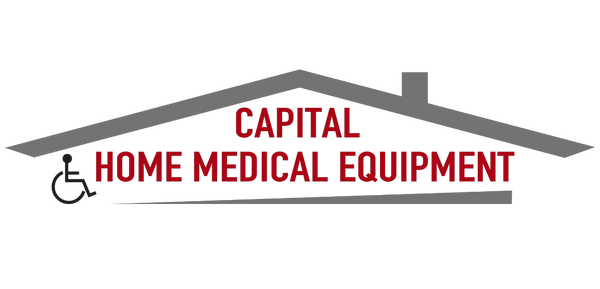Health monitoring means the assessment of physical, functional, and cognitive status to detect changes that may indicate health problems and to facilitate appropriate intervention. Health monitoring includes assessment of nutritional status, confusion, unsteady gait, urinary incontinence, edema of extremities, fever, hypertension, and other conditions.
What is urinary incontinence?
When this system is working smoothly, you usually have time to get to a bathroom before needing to urinate and you don’t experience any leakage of urine. Urinary incontinence can happen when these parts don’t operate as they should. This can happen for many different reasons throughout your life.
Scales
Today’s scales don’t just measure your weight; they help you get an accurate representation of your overall health. Digital scales are easy to read, and often indicate your BMI (body mass index) and body fat percentage, as well as weight.
Heart Rate Monitors
As the name implies, heart rate monitors measure your heart rate in real-time. You can use this information to maintain a safe and optimal level of exertion during a variety of activities.
Blood Pressure Monitors
Blood pressure monitors allow you to keep track of hypertension. There are several benefits to monitoring your blood pressure, such as diagnosing the early stages of hypertension and being aware of how your diet affects your health.
Thermometers
Great for checking the temperature of a fussy kid or your own temperature if you’re feeling a little sick, thermometers help keep track of everyone’s overall health and wellness.
KANATA
BARRHAVEN
GLOUCESTER
DOWNTOWN
OTTAWA
ORLEANS
